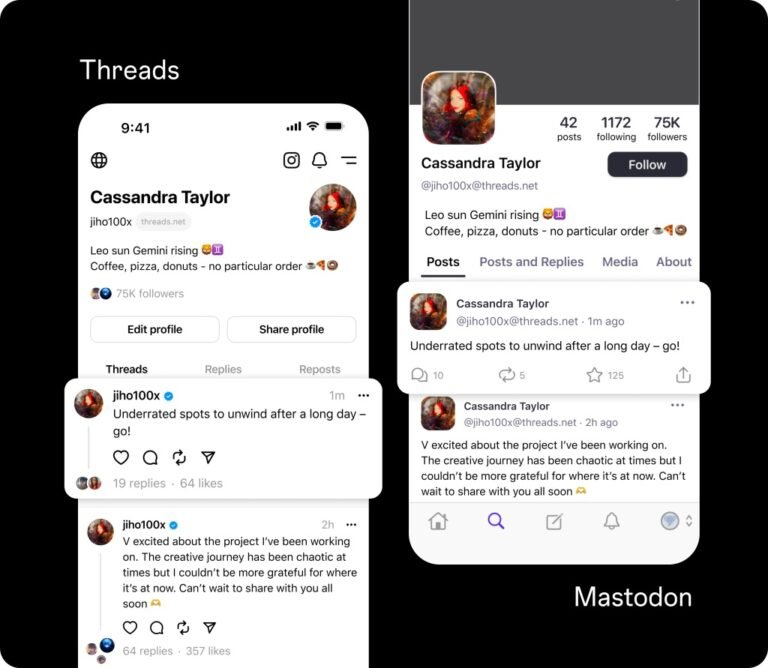
Snowflake’s security problems following a recent spate of customer data thefts are, for want of a better word, snowballing.
TechCrunch earlier this week found online hundreds of Snowflake customer credentials stolen by password-stealing malware that infected the computers of employees who have access to their employer’s Snowflake environment.
It’s not yet known how many Snowflake customers are affected, or if Snowflake knows yet.
Snowflake said it has to date notified a “limited number of Snowflake customers” who the company believes may have been affected.
Snowflake declined to say what role, if any, the then-Snowflake employee’s demo account has on the recent customer breaches.

For them, the difficulty hasn’t been opening local USD accounts; it’s been cost-effectively facilitating payments from international employers and online platforms.
“Using local products meant many remote workers had large chunks of their earnings eaten away with excessive fees.
The USD products couldn’t be local,” said Oudjidane, who is also the founding partner of emerging markets fintech fund Byld Ventures.
“The product would need to move to offering U.S.-based USD accounts,” accounts that, critically, would facilitate ACH payments to enable those freelance payments and came with the security that you get with U.S. banking, such as FDIC assurance.
“Freelancers and remote workers in these markets will undoubtedly be a critical source of foreign income to help rebuild,” Oudjidane said.

Elon Musk is planning to charge new X users a small fee to enable posting on the social network and to curb the bot problem.
Earlier this month, X said that the platform was starting a major purge of spam accounts, warning users that their follower count might be affected.
However, with a plan to charge new users, the social media company seemingly aims to tackle the bot problem better.
Earlier this month, xAI made its Grok chatbot available to Premium users of X, who pay $8 per month.
Last week, Fortune reported that X plans to make Grok available to users to compose posts.

Streaming giant Roku has confirmed a second security incident in as many months, with hackers this time able to compromise more than half a million Roku user accounts.
In a statement Friday, the company said about 576,000 user accounts were accessed using a technique known as credential stuffing, where malicious hackers use usernames and passwords stolen from other data breaches and reuse the logins on other sites.
Roku said in fewer than 400 account breaches, the malicious hackers made fraudulent purchases of Roku hardware and streaming subscriptions using the payment data stored in those users’ accounts.
Two-factor authentication prevents credential stuffing attacks by adding an additional layer of security to online accounts.
By prompting a user to enter a time-sensitive code along with their username and password, malicious hackers cannot break into a user’s account with just a stolen password.

On Thursday, the company announced it’s expanding its fediverse integrations to 400 more Flipboard creators and introducing fediverse notifications in the Flipboard app itself.
In total, Flipboard says there are now over 11,000 curated Flipboard magazines available to federated social networking users.
In addition to the newly federated magazines, Flipboard is also bringing a more integrated fediverse experience to its own app.
4.3.25), Flipboard users will be able to see their new followers from the fediverse in their Flipboard Following tab, while their Flipboard notifications will now include fediverse reactions and conversations.
The company had already begun curating content for fediverse users across a handful of “news desks” (dedicated fediverse accounts) that directed users to interesting articles and links across topics.

Meta has announced it’s testing new features on Instagram intended to help safeguard young people from unwanted nudity or sextortion scams.
This includes a feature called Nudity Protection in DMs, which automatically blurs images detected as containing nudity.
Nudity screensNudity Protection in DMs aims to protect teen Instagram users from cyberflashing by putting nude images behind a safety screen.
But Meta is taking a further step of not showing the “Message” button on a teen’s profile to potential sextortion accounts, i.e.
For example, in July 2021 Meta switched to defaulting young people’s Instagram accounts to private just ahead of the UK compliance deadline.

The study builds on earlier work investigating his impact on online speech by spotlighting how policy changes Musk enacted are actively rewarding hate speech posters with increased reach, engagement and even direct payouts through X’s subscriber feature.
Some of the accounts pivoted to war hate posts after previously posting COVID-19-related conspiracy theory content, per the report.
The CCDH found these accounts were able to boost their reach on X after posting hateful content targeting the war.
But not all: The CCDH found ads being served alongside hateful posts made by all the tracked accounts.
“We found ads for Oreos, the NBA, the FBI and even X itself placed near hateful posts,” it wrote.

The U.K. government has blamed China for a 2021 cyberattack that compromised the personal information of millions of U.K. voters.
The data breach began as early as 2021 but wasn’t detected until a year later.
Dowden said that a separate attempted cyberattack by a China-backed hacking group targeted the email accounts of U.K. lawmakers in 2021, but that parliamentary authorities mitigated the attempted breaches before any email accounts were compromised.
The Norwegian government previously attributed a 2018 data breach on its systems to APT31.
In 2020, Google security researchers linked APT31 to the targeting of email accounts belonging to the Trump and Biden presidential campaigns.

Nsave, a fintech based in Geneva making banking in Switzerland accessible to people in countries at war or those with unstable banking sectors or facing high inflation, has raised $4 million seed funding.
Amer Baroudi and Abdallah AbuHashem co-founded nsave in 2021 from lived experiences.
“And then based on the risk scores, you might be prompted into different streams of questions or enhanced due-diligence mechanisms.
Also, in war-torn countries like Sudan, people with savings in local banks have a hard time accessing their money.
“Now nsave is live, there’s finally a trusted option to protect their users against the rampant inflation of distressed economies, providing safe, stable offshore accounts to people who need them the most.”

Meta announced on Thursday that its beta experience of sharing Threads accounts to the fediverse is now open to users ages 18 and up with public profiles.
To opt into the fediverse beta experience on Threads, go to account settings and toggle on fediverse sharing.
This gives you the chance to connect with other people who may not be on Threads but use alternative social networking apps.
For instance, beta users on Threads can’t see people in the fediverse who replied or liked their posts.
Users also can’t share posts with polls.













